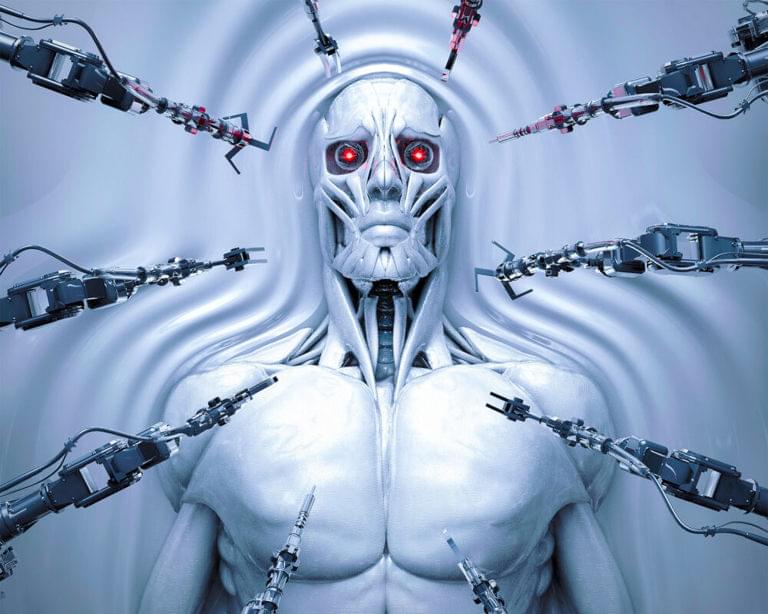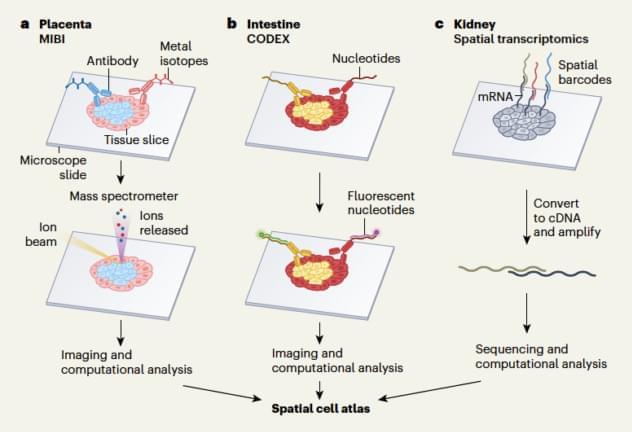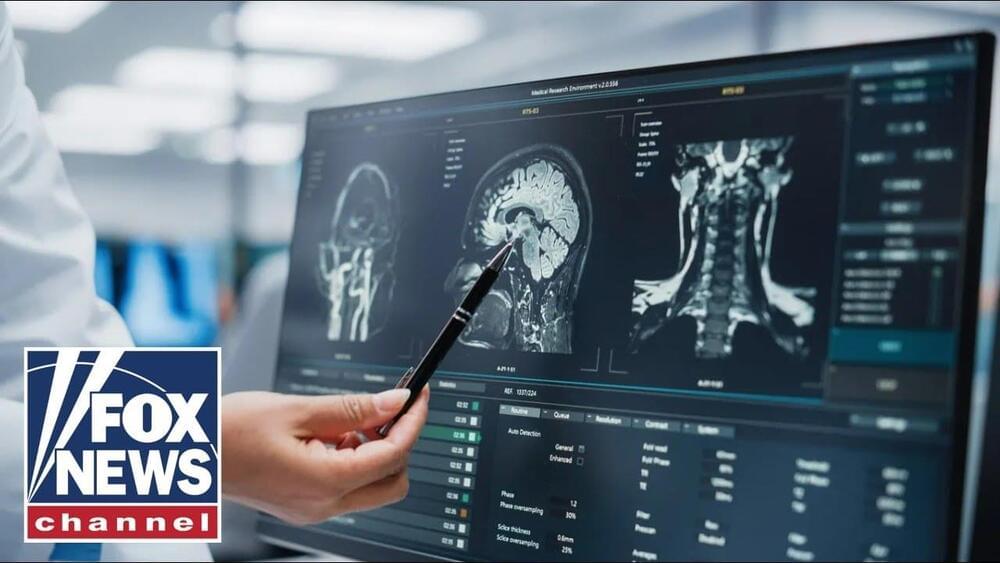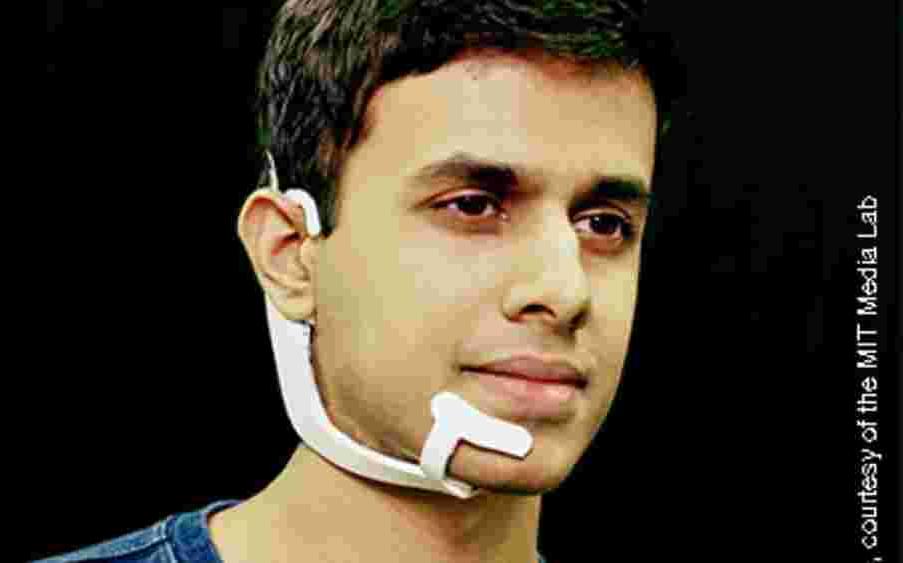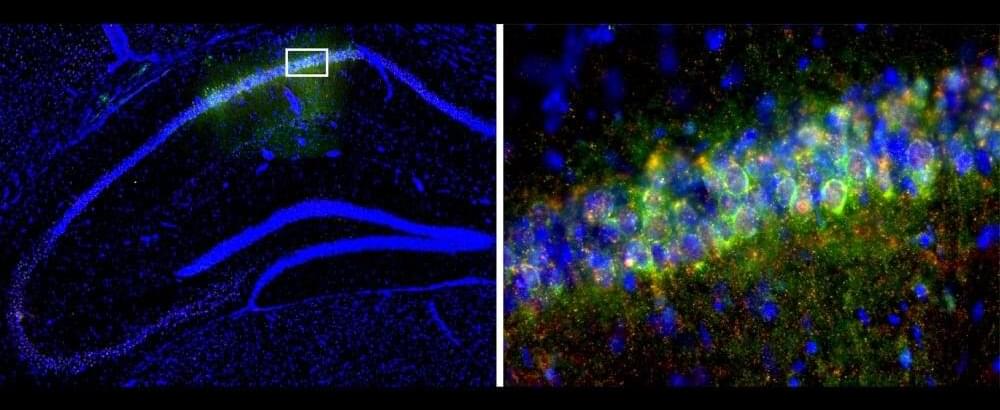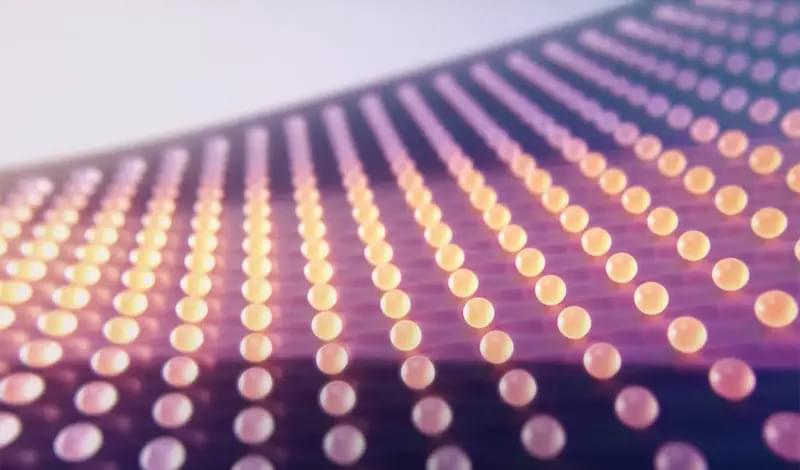Jul 23, 2023
“Self-healing” metal discovery opens door for giant tech leap
Posted by Paul Moscarella in category: materials
“My hope is that this finding will encourage materials researchers to consider that, under the right circumstances, materials can do things we never expected,” Demkowicz concluded.
The study is published in the journal Nature.
Self-healing metals are an exciting area of research in the field of materials science. The term refers to metals that have the ability to heal themselves after being damaged or degraded.
